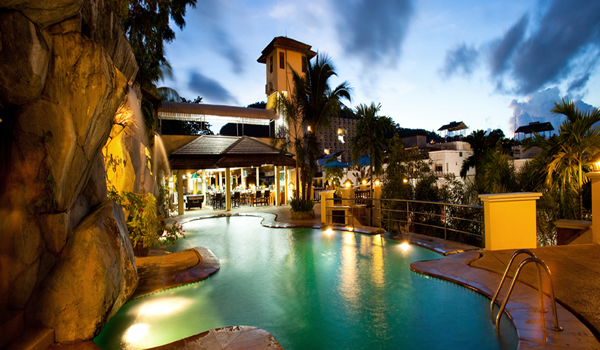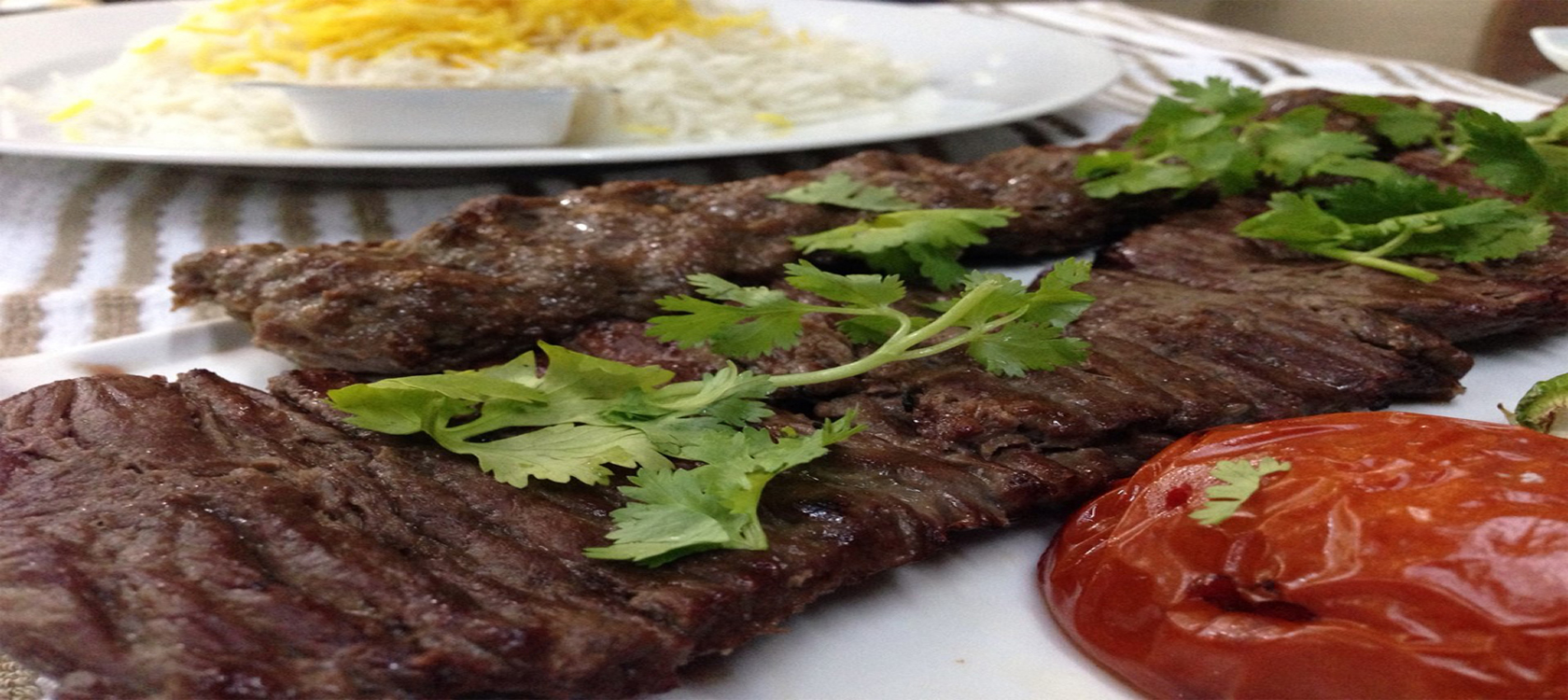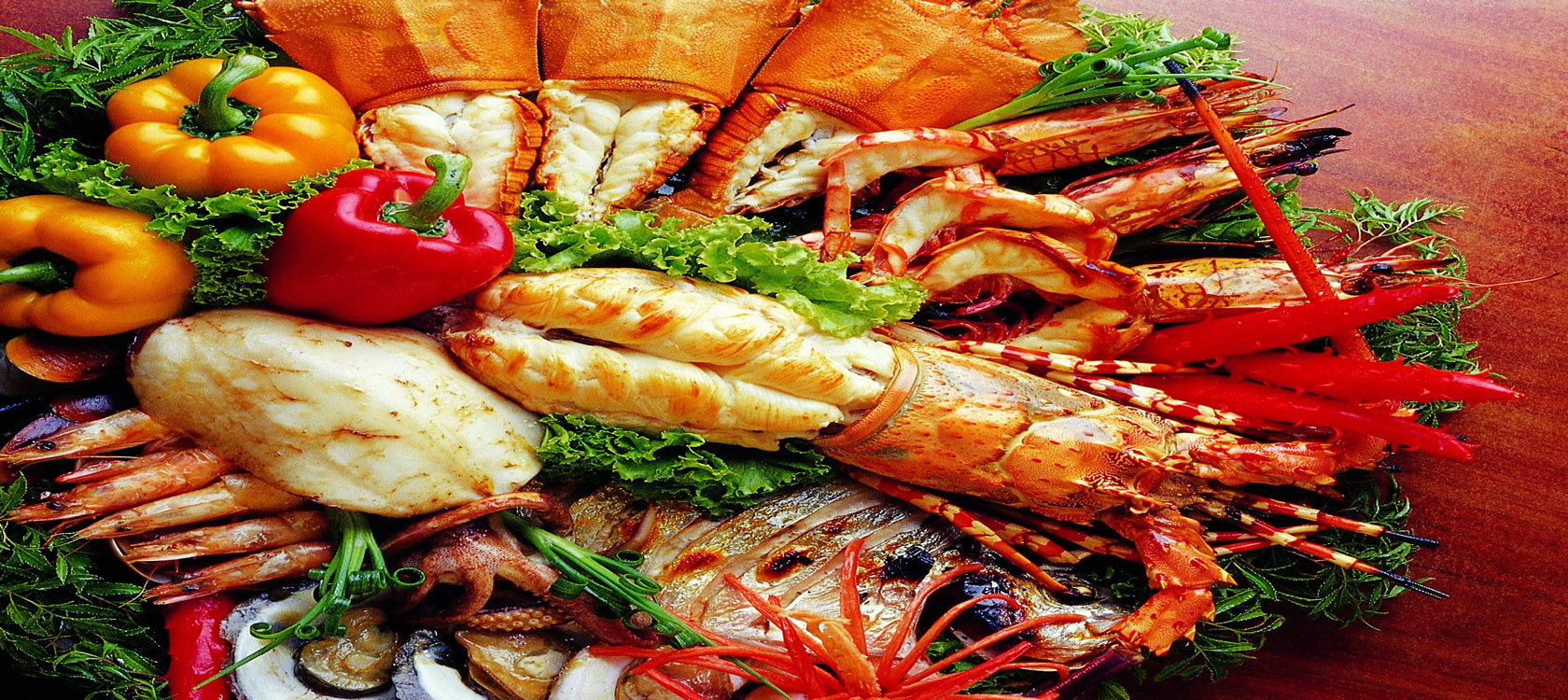THAI SEAS
HomePhuket:
History

For most of history, however, it was known as Junk Ceylon, which is the name found on old maps. The name is thought to have its roots in Ptolemy’s Geographia, written by the Alexandrian geographer in the 3rd Century A.D. He had mentioned that in making a trip from Suvarnabhumi to the Malay Peninsula it was necessary to pass the cape of Jang Si Lang.
Phuket was a way station on the route between India and China where seafarers stopped to shelter. The island appears to have been parted of the Shivite Empire (called in Thai the Tam Porn Ling) that established itself on the Malay Peninsula during the first Millennium A.D. Later, as Muang Takua-Talang, it was parted of Sri Vichai and Siri Tahm Empires. Governed as the 11th in a constellation of twelve cities, Phuket’s emblem, by which it was known to others in those largely pre-literate times, was the dog.
During the Sukhothai Era, Phuket was associated with Takua Pa in what is now Phang-Nga province, another area with vast tin reserves. The Dutch established a trading post during the Ayuddhaya Era in the 16th century. The island’s northern and central regions then were governed by the Thais, and the southern and western parts were given over to the tin trade, a concession in the hands of foreigners.
After Ayuddhaya was sacked by the Burmese in 1767 there was a short interregnum in Thailand, ended by King Taksin, who drove out the Burmese and re-unified the country. The Burmese, however, were anxious to return to the offensive. They outfitted a fleet to raid the southern provinces, and carry off the populations to slavery in Burma.
Thai led Phuket’s most memorable historic event. A passing sea captain, Francis Light, sent word that the Burmese were en route to attack. Forces in Phuket were assembled led by the two heroines-Khunying Jan being wife of Phuket’s recently deceased governor and her sister, Mook (Thai’s meaning is Pearl). After a month’s siege the Burmese were forced to depart on 13th March 1785. Khunying Jan and again her sister were credited with the successful defense.
In recognition King Rama I bestowed upon Khunying Jan the honorific Thao Thep Kasatri, a title of nobility usually reserved for royalty, by which she is known today. Her sister became Thao Sri Soonthorn.
During The 19th century Chinese immigrants arrived in such numbers to work for the tin mines that the ethic character of the island’s interior became predominantly Chinese, while the coastal settlements remained populated chiefly by Muslim fishermen.
In Rama V’s reign, Phuket became the administrative center of a group of tin mining provinces called Monton Phuket, and in 1933, with the change in government from absolute monarchy to a parliamentary pattern, the island was established as a province by itself.
More Phuket Information
- The Beautiful Pearl of the Andaman Sea
- Phuket History
- Phuket Info
- Phuket Gateway
- Phuket Activites
- Phuket 10 Great Vacation
- Phuket Big Buddha
- Phuket Beaches
- Hotels-Resort in Phuket
- Maps on Phuket
- PHUKET Food & Kitchen








